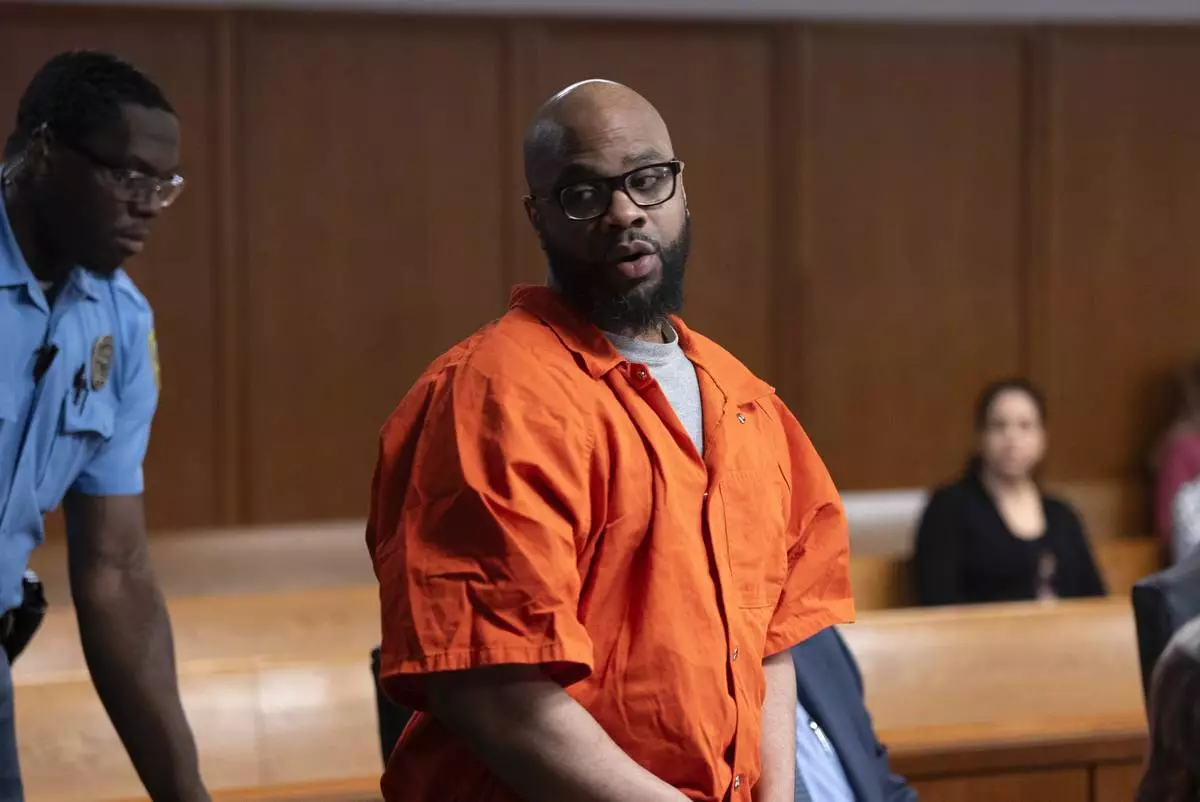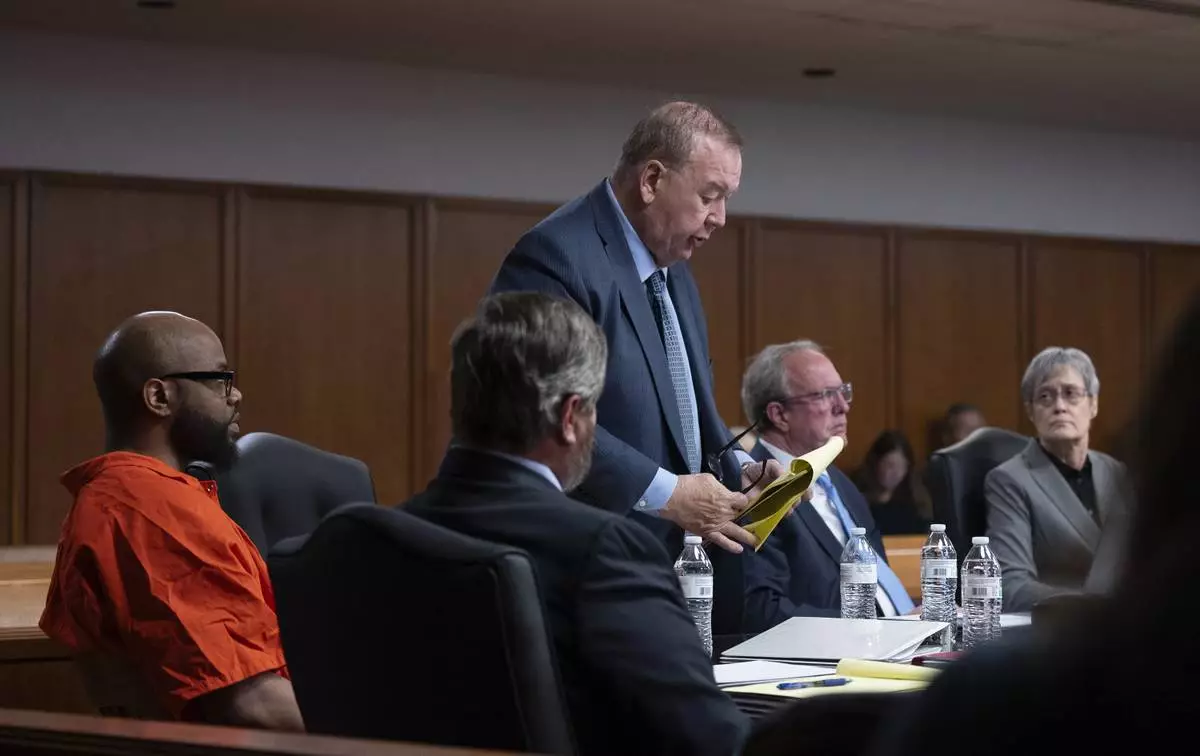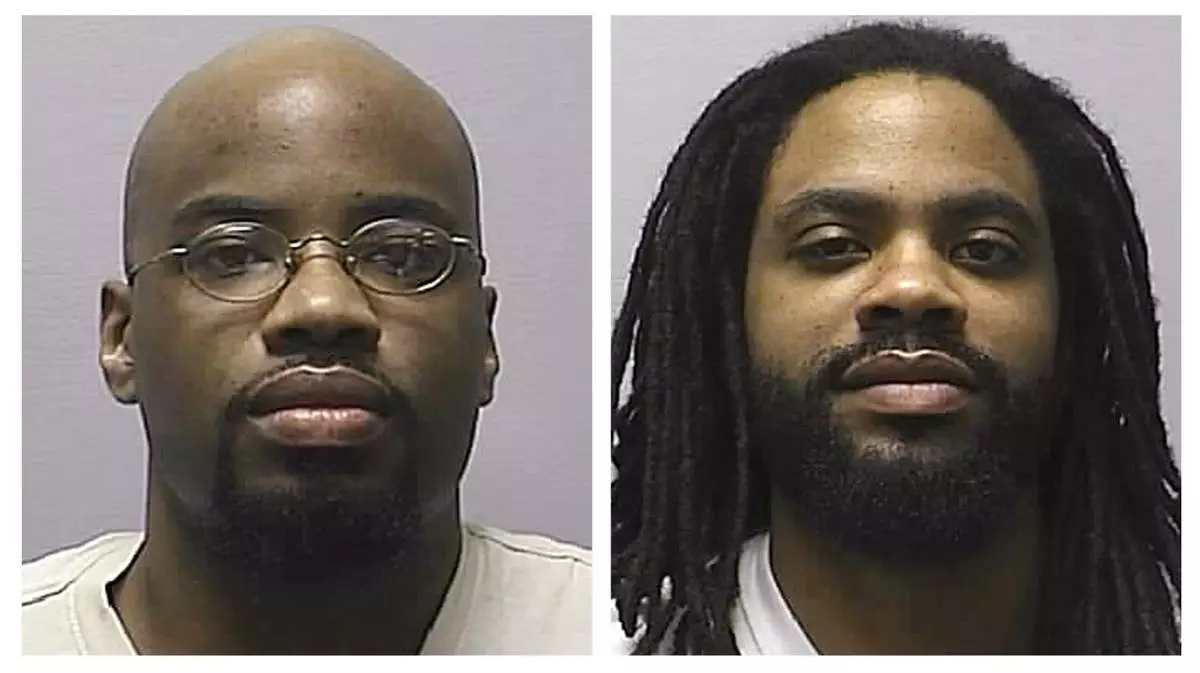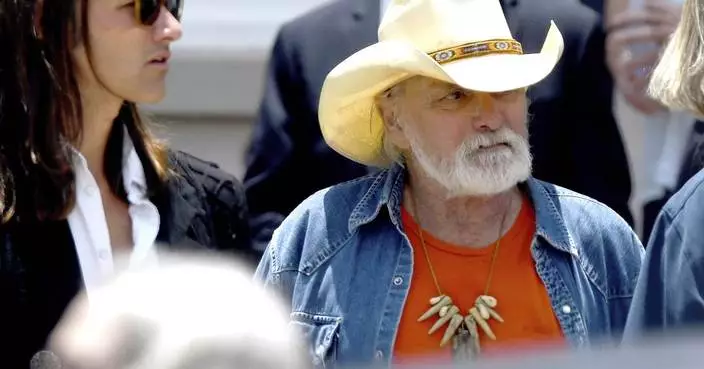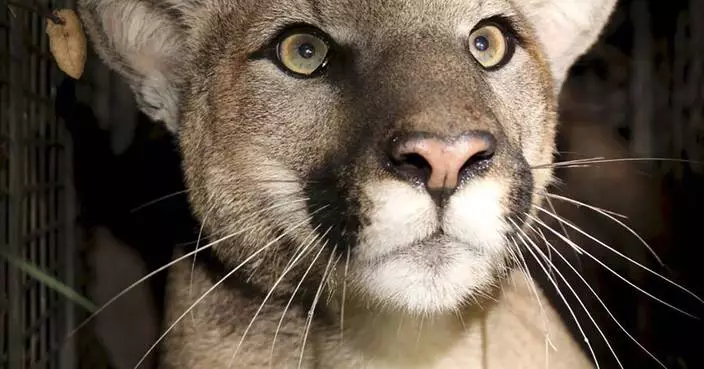Melissa White now dedicates her life to helping strangers as they approach their final days on earth.
A woman has told how she found a new purpose in life as a death doula having had to stop life support for both her brothers and nursing her mother through her last days on earth.
Melissa White, 64, from Hove, was grief-stricken after losing her mother and first brother to cancer – but it led her down a new path as she came out of retirement to retrain as a death doula and dedicate her life to helping people as they die.
Tragically, Melissa lost her first brother Charlie to pancreatic cancer, aged 60, in 2008, having already seen her mum Floy die of lung cancer, and then – when she was already a death doula – was by her other brother Tommy’s side as he passed away, aged 69, from lung cancer in 2017.
But while she described watching her brothers and mother die as “awful”, she said: “I had to go through the really hard bits, which was helping my family members pass, in order to be good at what I do now, as a death doula with strangers.”
Now Melissa, who is married to Nick White, 54, has voluntarily helped seven more people pass away – meeting most of them just days or hours before they died.
Explaining what it is like to share a stranger’s last moments, she said: “I can’t tell you why, but I have walked away from those final hours and been gobsmacked, you’re just in awe of the feelings that you have, the love, the compassion and whatever the energy is that you’re sharing with that person, it’s just incredible.”
Melissa is married to Nick, 54 (Collect/PA Real Life)
She added: “You walk into the room and you’ve never seen this person before in your life but in those hours, there’s something that builds that you just can’t explain. You cannot explain the feelings of love and human connection.”
While most people will have heard of birth doulas – who support women and families in helping them make decisions about their maternity care – a death doula is still a relatively new concept and is largely a voluntary role in the UK.
A death doula, or a soul midwife, is someone who supports people going through the process of dying, and their families, by treating the experience as a natural and important part of life.
Melissa said: “It goes by many different names but it’s an end of life companion. Someone who invests their time and energy in you while you go through that end of life journey, whether that’s hours, weeks or even months.
“Ideally through soul midwifery, we would like to meet people as they get that terminal diagnosis and build a relationship with them and understand their wants and needs.
“It doesn’t always happen like that, sometimes we get called in during the final days or even hours.”
Her first experience of being an honorary death doula arose when her mother, Floy Grassel, was diagnosed with lung cancer in 1991, succumbing to the disease around 18 months later, aged 70.
Describing the final three weeks of her mum’s life, Melissa said: “She’d had several surgeries and we, as a family, opted not to have a final surgery.
“We knew that this was it and that she was going to die. I spent most of my days and my nights at the hospital with her.”
Her mother fought hard to survive and Melissa said: “I remember my mum saying, ‘I’m not going’, and she knew that it was bad, but she just wasn’t going. The really weird thing was she was in a coma for ten days before she actually died.
“Every day, the nurses would come in and warn me that she wasn’t going to last much longer and the next day she’d still be there, she did it for ten freaking days,” she laughed.
“I slept there for three nights in a row and this one morning, I told her I was popping home to get some food, said goodbye and within the hour and a half that I was gone, she passed away.”
Melissa added: “She chose this hour and a half window where no one was with her to go and the only thing I can make of that is, she didn’t want her family to have to deal with it. Maybe it was too hard for her to go when someone was there.”
Her brother Charlie Grassel’s death, just nine months after he was diagnosed with pancreatic cancer, was far harder for Melissa to endure.
She said: “It was sad. I’d just thrown him a 60th birthday party and he died a week later. He and I had some really frank conversations. He knew he was dying, he wasn’t happy about it, but he was okay with it. He had a very pragmatic perspective – whether he was 60 or 80, he was going to die and that was okay.”
It was after her brother’s passing that Melissa realised that she wanted to become a death doula.
She said: “It was something I was meant to do. I was very comfortable with death. It didn’t scare me – some people are freaked out by the whole idea, but not me.”
But while Melissa’s experiences pointed her in a new, positive direction, she was also diagnosed with complex grief – a chronic, heightened state of mourning – after Charlie died.
She continued: “I experienced a period of severe depression and grief, while I struggled with the loss. My brother and I were very close, and with complex grief you struggle with the loss a lot longer than people normally do.
“When I realised I was interested in being a death doula, I think my husband was happy that I had a positive outlet for the grief.”
Although there are no official qualifications for being a death doula, there are plenty of courses to assist volunteers – so, in 2014, Melissa underwent training on a course in Dorset, run by Felicity Warner, founder of the Soul Midwives’ movement.
She went on to volunteer at a local hospice, sitting by patients’ bedsides as they passed, but admitted her role was not always easy when she did not know the person.
She said: “They may be aware that you’re there but they’re not communicative. I would sit by the bedside, introduce myself and explain why I was there.
“I would potentially stroke their arm or hold their hand to give them a feeling that someone is there with them.”
She added: “I just hold space and be there with them but it’s rough when you don’t know the person and you don’t know what they do or don’t like, or what they want their last moments to look like.”
She also helped a dying mother in a nursing home share her wishes with her grown-up children, which again was not easy.
She said: “Sitting with one particular woman, while she was still able to talk, I found that she was really distressed by the fact that her family were having issues and didn’t necessarily agree on how they wanted her end-of-life journey to go.”
“As she became less communicative, I found myself talking to them because she had talked to me. I found that really difficult because you don’t want to be telling family members what their mother or father wants or needs or wishes for,” Melissa continued.
“I tried to communicate to them how she wanted them to get on as a family, and not fight or disagree, and respect what she wanted versus what they wanted. I do try to offer that support to family members but it’s tricky.”
When her other brother Tommy Grassel was ill in 2017, Melissa returned to Worcester and nursed him for eight weeks until the end – but, despite her doula experience, this was a death she felt was avoidable.
She said: “He never should have died, he was told his lung cancer was back, but it was a teeny little spot and they thought it was treatable as it hadn’t metastasised.
“I think he just gave up – he become despondent, depressed and uncommunicative.
“Over the weeks, he stopped eating, drinking and taking his meds. I ended up calling the paramedics because he hadn’t eaten or drunk anything in days and we admitted him to hospital, and seven days later he died.”
“To this day, I don’t know why he died and that makes me feel guilty and confused,” Melissa continued.
“I’m still struggling with it, should I have done something differently? And just confusion because I never expected that result, the idea that he would die never crossed my mind. It was such a shock.”
Despite the difficulties of her role, however, Melissa is determined to pursue the vocation for the rest of her life.
She feels sure being a death doula can help both those dying and their families and said: “I think it’s so much easier being honest and open with someone you don’t have emotional ties to – it’s easier to be open, genuine and authentic about what you want in those final hours.”
And as for her own death plan? She would like to spend her last moments somewhere far, far away.
She said: “I’m going to be in Tibet talking to some monk and I’m just going to keel over with a heart attack. If that doesn’t work out, I don’t want to be kept alive, so I have a DNR in place.
“If, God forbid, anything happens, I just want to go as peacefully and comfortably as possible with the people I want around me.”



